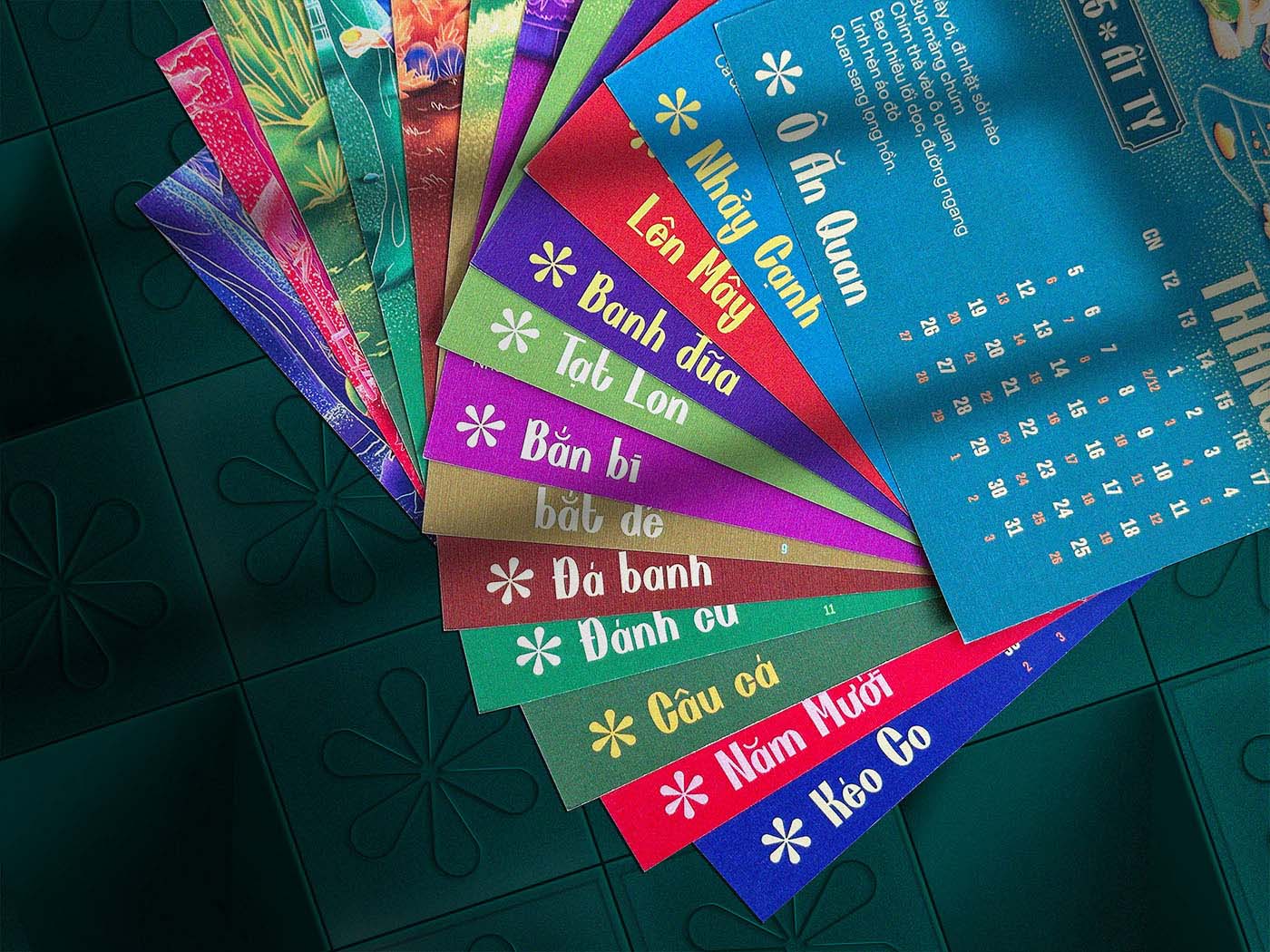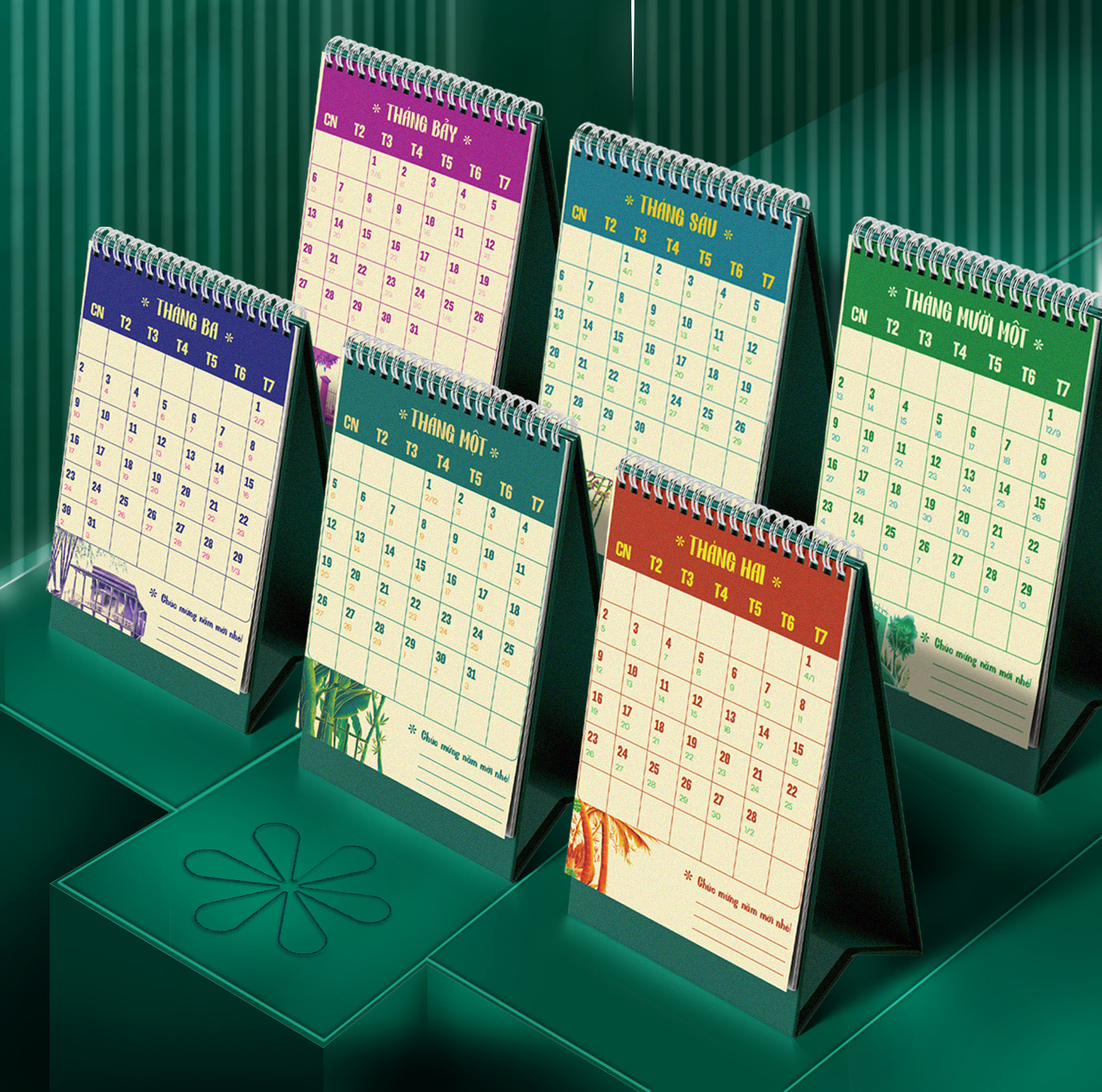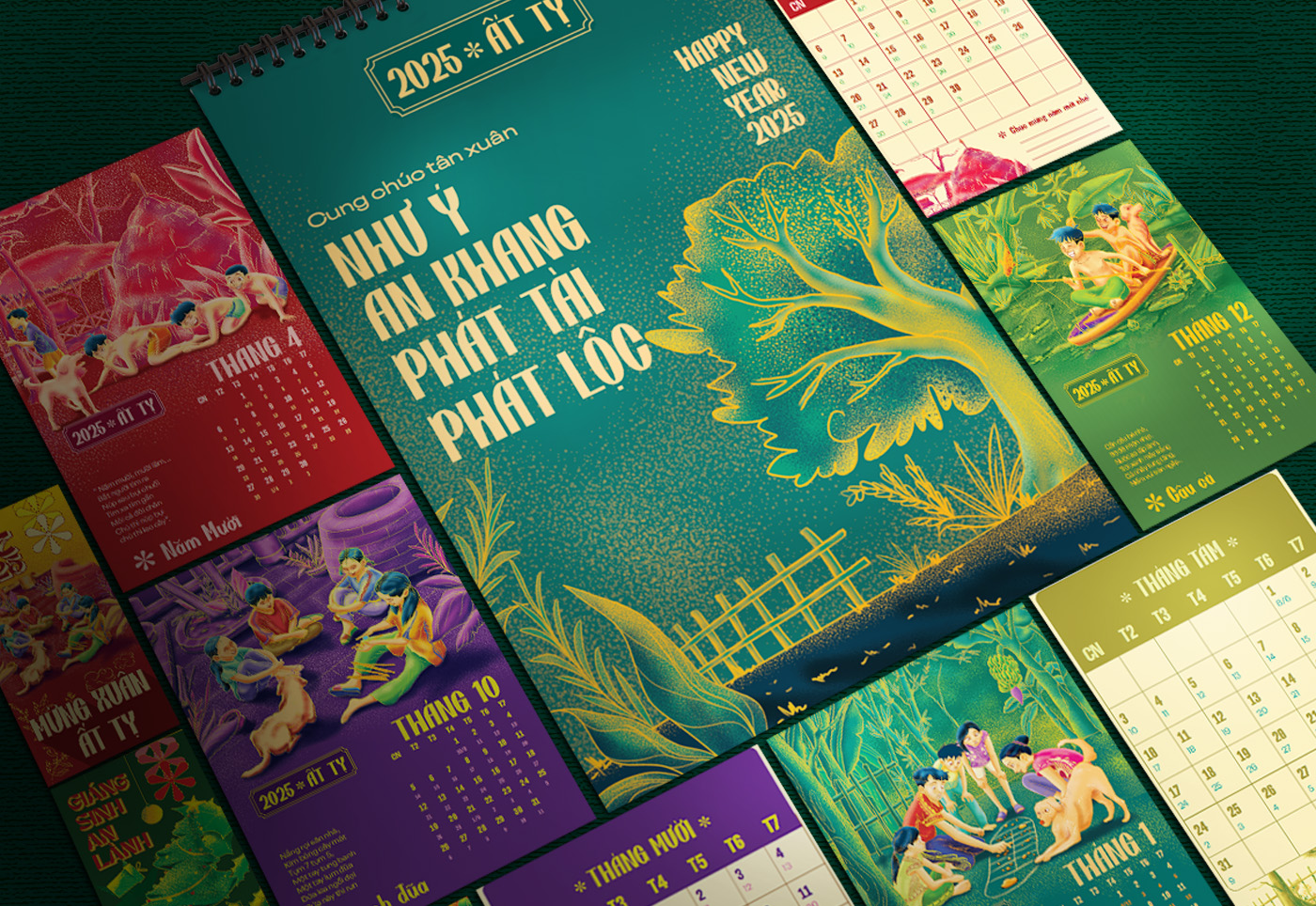In the vast treasury of folk culture, folk games hold an essential position in shaping and preserving the unique identity of a nation’s traditional culture. These games are not merely a form of entertainment but are deeply rooted in the collective consciousness of the people, serving as powerful messengers of humane, ethical, and meaningful values that convey the beliefs, customs, and cultural narratives of generations past.
Folk games, especially those played by children, are imbued with the essence of a community’s way of life. They reflect the simplicity, creativity, and resourcefulness of people who, despite the hardships of daily life, found joy and connection through play. These games are a form of art, born out of necessity and developed over time, evolving with the changing landscapes and social dynamics of Vietnamese villages.
The Educational Value of Folk Games
One of the most profound aspects of folk games is their intrinsic educational value. Unlike modern games, which often rely on complex technology and structured rules, Vietnamese folk games are simple yet profoundly effective in teaching children essential life skills. Through play, children not only have fun but also learn valuable lessons that contribute to their overall development.
Physical Development: Many Vietnamese folk games involve physical activity, which helps children develop their motor skills, coordination, and physical strength. Games like “kéo co” (tug of war), “nhảy dây” (jump rope), and “đánh đáo” (coin tossing) require agility, balance, and strength. These games are often played outdoors, allowing children to engage with nature and develop a healthy relationship with their environment.
Cognitive Skills: Folk games are also a means of cognitive development. Games like “cờ tướng” (Vietnamese chess) and “ô ăn quan” (a traditional Vietnamese board game) require strategic thinking, problem-solving, and planning. These games challenge children’s minds, encouraging them to think critically and make decisions, skills that are crucial in real-life situations.
Social Skills: Folk games are often communal activities, played in groups and fostering social interaction. They teach children the importance of teamwork, cooperation, and communication. Games like “rồng rắn lên mây” (dragon-snake game) and “mèo đuổi chuột” (cat and mouse game) involve group dynamics, where children learn to work together, follow rules, and respect one another.
Character Building: Folk games are also a means of character development. Through these games, children learn about fairness, honesty, patience, and perseverance. Winning or losing a game teaches them how to handle success and failure gracefully. Games like “trốn tìm” (hide and seek) or “bịt mắt bắt dê” (blindfolded goat catching) require patience, determination, and resilience, all of which are essential virtues in life.
Cultural Appreciation: By engaging in folk games, children also develop a deep appreciation for their cultural heritage. These games are a living connection to their ancestors, a way to understand and honor the traditions and customs that have been passed down through generations. The stories and legends associated with these games often contain moral lessons and cultural values that are integral to the community’s identity.
Vietnam is a country with diverse geographical regions, each with its own unique cultural traditions. This diversity is reflected in the folk games played by children across the country. While there are common national games that are played throughout Vietnam, there are also many local variations that add richness and variety to the folk game tradition.








CREDIT
- Agency/Creative: Huy Hoang
- Article Title: A Journey Through Vietnamese Folk Games, Childhood Calendar by Huy Hoang
- Organisation/Entity: Freelance
- Project Type: Graphic
- Project Status: Published
- Agency/Creative Country: Vietnam
- Agency/Creative City: Ho Chi Minh City
- Market Region: Asia
- Project Deliverables: 2D Design, 3D Design, Digital Art, Drawing, Graphic Design, Illustration, Painting
- Industry: Entertainment
- Keywords: Childhood Calendar
-
Credits:
Creative Director: Truong Hoang Huy











